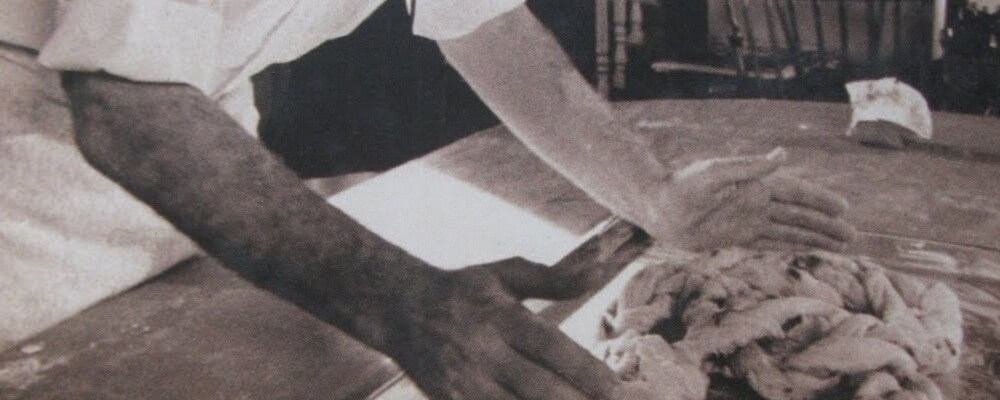The Danger of Boredom
Thoughts from Robert Farrar Capon's "The Supper of the Lamb"

Robert Farrar Capon’s “cookbook” The Supper of the Lamb rested on my “to read” list for an embarrassingly long time. Embarrassing because, now that I have begun reading it, I feel foolish for having not begun it years ago.
The Episcopalian priest/chef combines recipes, cooking insights, and beautiful pastoral wisdom into one work that defies big box bookstore categories (the very mention of which dates me, I know).
As I read through, I will pass along thoughts and passages that refuse to leave me in peace. Here’s one from the opening pages:
Amateur and nonprofessional are not synonyms. The world may or may not need another cookbook, but it needs all the lovers – amateurs – it can get. It is a gorgeous old place, full of clownish graces and beautiful drolleries, and it has enough textures, tastes, and smells to keep us intrigued for more time than we have. Unfortunately, however, our response to its loveliness is not always delight: It is, far more often than it should be, boredom. And that is not only odd, it is tragic; for boredom is not neutral – it is the fertilizing principle of unloveliness.
A bored person views the world around him as unworthy of attention. Nothing to see here. Nothing to do here. But, rather than seeing boredom as “the fertilizing principle of unloveliness,” we often think of it as relatively innocent. In fact, we think of it as a state of being.
But, as Capon asserts, boredom is not neutral. Boredom is rooted in ingratitude which, according to St. Paul, is fertile ground for all manner of trouble (see Romans 1:21 and following). We would certainly do well to walk through this “gorgeous old place” with its “clownish graces and beautiful drolleries” with a bit more attentiveness.

Brian Phillips
Dr. Brian Phillips serves as a pastor in Concord, NC, where he lives with his wife and their four children.










